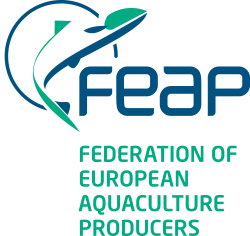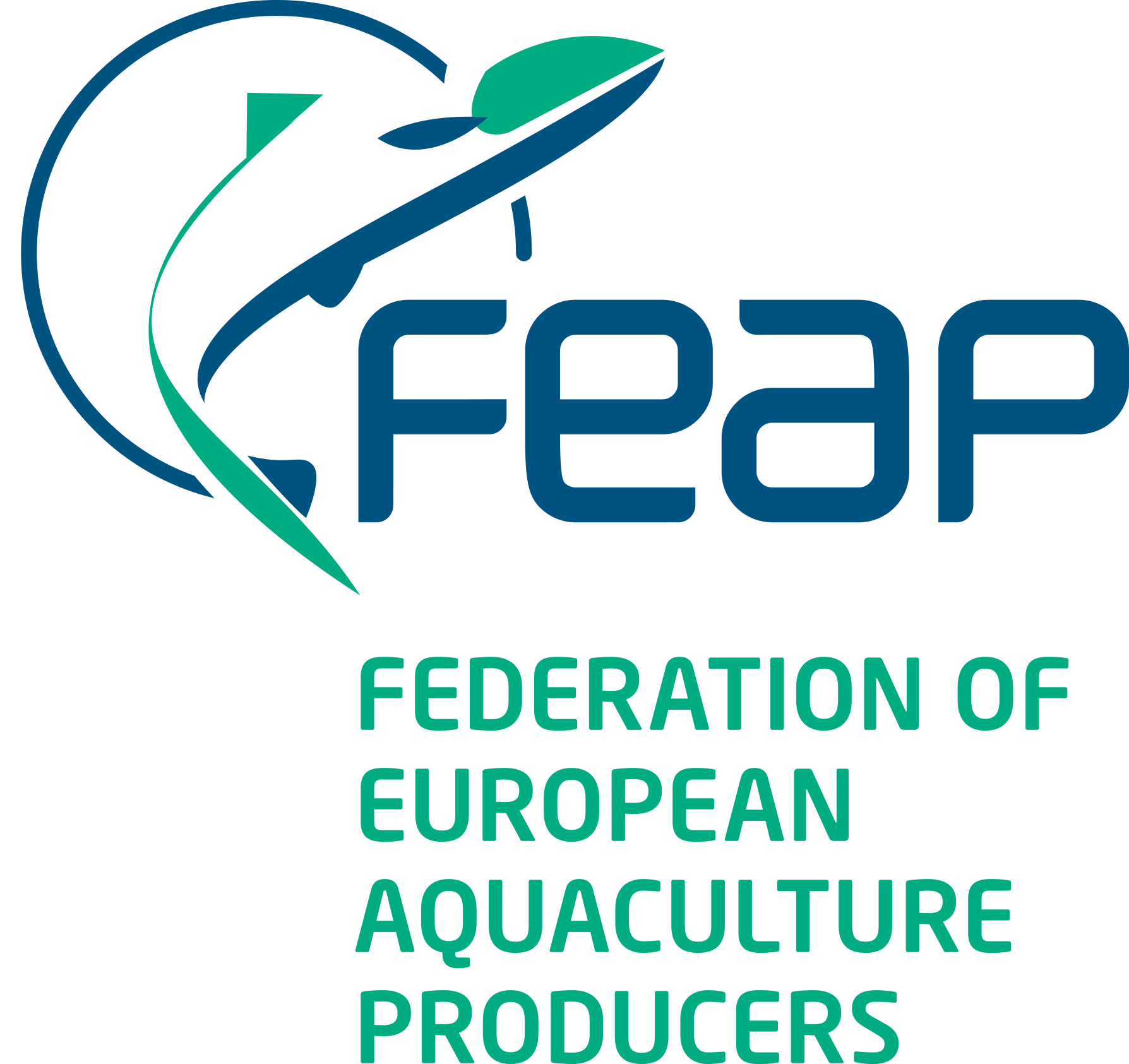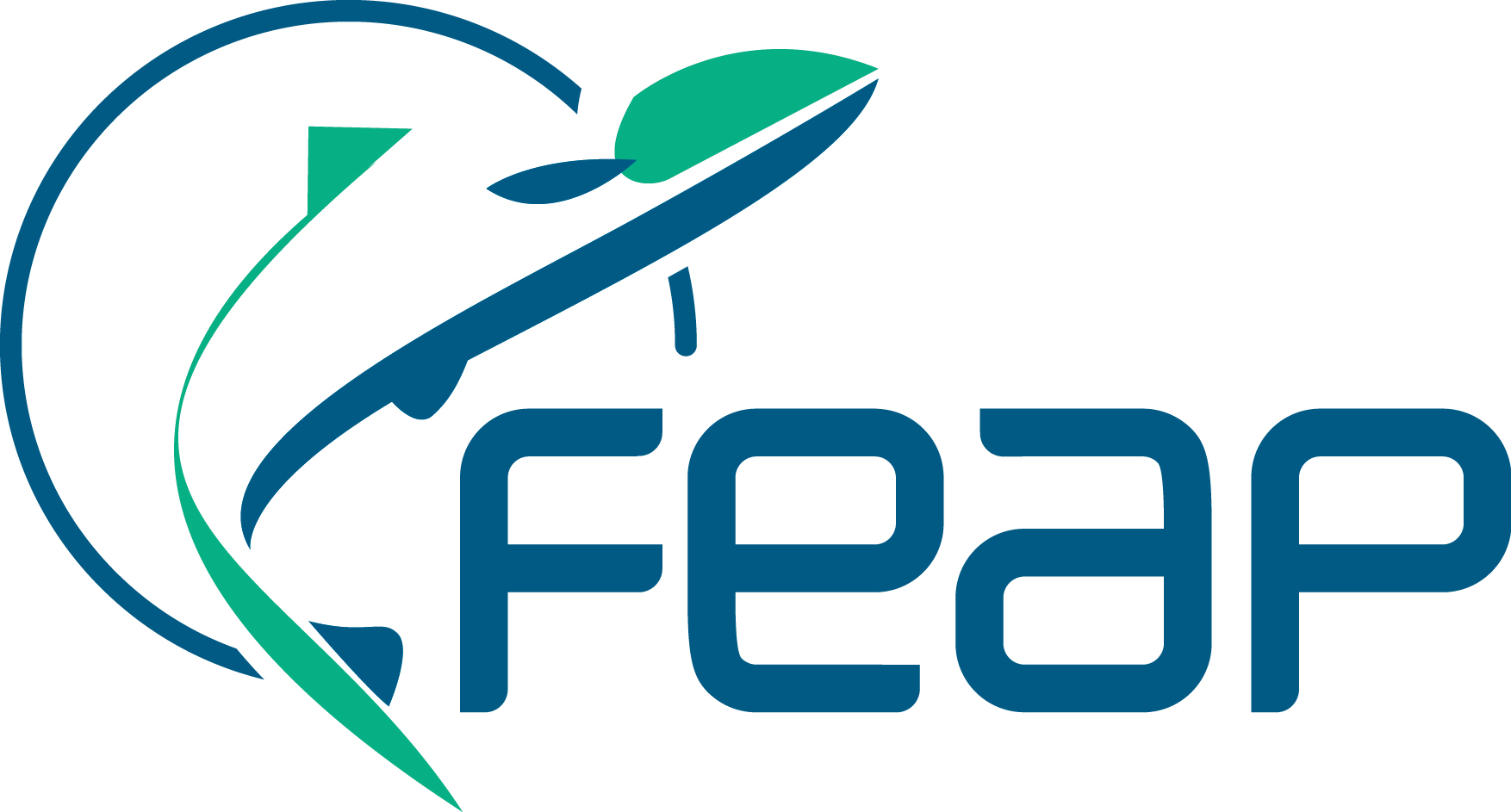CONSUMER
In Europe, aquaculture accounts for about 20% of fish production and directly employs some 85 000 people. The sector is mainly composed of SMEs or micro-enterprises in coastal and rural areas. EU aquaculture is renowned for its high quality, sustainability and consumer protection standards.
Consumer information
The Common Organisation of the Markets establishes the specific information that must accompany fishery and aquaculture products sold to consumers and mass caterers. These requirements complement the general EU rules on the provision of food information to consumers, and contribute to more transparency on the market as they enable consumers to make informed choices on the products they buy.
EU consumer habits regarding fishery and aquaculture products :
- Labelling – the EU law on food information to consumers
- EU Organic aquaculture rules
- Farmed in the EU campaign
Commercial designations of fishery and aquaculture products
All information related to commercial designations of fishery and aquaculture products marketed in the European Union
How to read a caviar label (CITES code)?
Not repacked caviar label:
Repacked caviar label (same product): 
Control
To ensure that the rules of the Common Fisheries Policy are followed in practice, the policy also includes a control system with the necessary tools to enforce them.
Education
FEAP is promoting and encouraging improvement of aquaculture skills, and participates in ERASMUS+ projects.
EU DOCUMENTS
- Control Regulation
- A pocket guide to the EU’s new fish and aquaculture consumer labels


